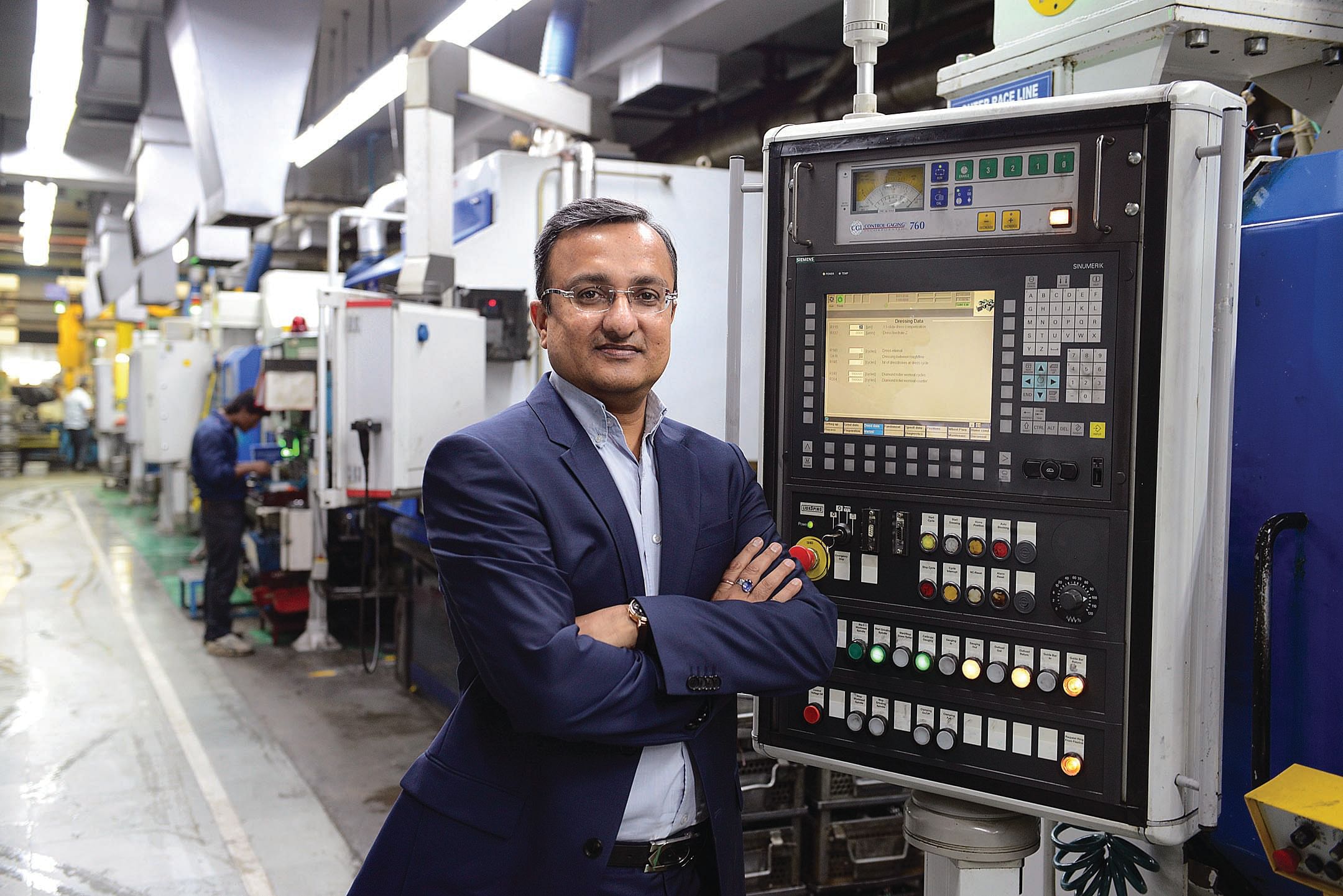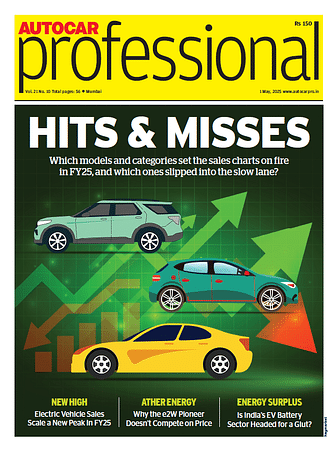NEI sees EVs and hybrids as growth drivers for its bearings business
Tier 1 supplier looks to get future-ready to tap growing global demand for electro-mobility; has already developed bearings for a hybrid vehicle from a German OEM.
The CK Birla Group’s National Engineering Industries (NEI) sees the coming of electric vehicles and hybrids as an opportunity to become future-ready. To gear up for the future, the component maker aims to boost investments and expand R&D activities.
The component manufacturer says that even though there is good business from supplying bearings for application in all vehicles with ICE powertrains, wheels and other areas. The number of bearings required in an EV will be far lesser than what goes into the traditional ICE vehicles, along with other property-specific requirements such as reduced friction and others.
For instance, according to the company, while a motorcycle uses 12-15 bearings, a typical passenger car deploys around 20-30 bearings. Commercial vehicles use many more, which are largely based on their size. On the other hand, the number of bearings required in an EV would be close to 10, considering similar proportions. However, despite the reduced number, the technological functionalities of bearings are expected to improve for EVs, which are noiseless vehicles.
Secondly, the electric motors (in EVs), which are high speed, require minimal friction. That requires higher-quality bearings in terms of capabilities around tolerance and heat management. The engineers at NEI are working on reducing the size of bearings while delivering more load bearing capacities.

Speaking to Autocar Professional, Rohit Saboo, president and CEO, National Engineering Industries (pictured above), says, “We require certain inputs on the process side so that the bearing runs more smoothly. On the design side too, there will be inputs on how bearings can run at high speeds without generating much heat. We need to learn the impact of other substances such as grease on how can they help in reducing friction. This also means that we need to have the right type of grease for high-speed applications.”
He further states that the company is also looking at alternate materials that will help for lightweighting along with reducing friction. NEI has already introduced a low torque bearing that is being supplied to one of its customers. The new torque bearing has reportedly helped in delivering 13 percent improvement in vehicle’s fuel consumption.
The set of challenges faced in lightweighting remains on the material, design and specifically the heat treatment levels. NEI has achieved some breakthroughs and has applied for its patents.
NEI has been working with a major German car manufacturer to supply motor bearings for its new vehicle programs. The component maker has jointly developed new type of bearings for motors in a hybrid vehicle.
Commenting in this regard, Saboo said, “We started working with this German OEM in 2013. It took about a year-and-a-half to develop the bearings. We are already working in that direction and as a team, which is exclusively trying to learn the implications of EVs on bearings, we have learnt from our existing customers and where do we need to go.”
NEI is also engaging with other automakers that are currently working on the hybrid and EV programs. It is currently supplying to two global carmakers.
Commenting on the impact of EVs on its business, Saboo says, “Currently, our global business across the USA, Europe and Japan is growing well on the front of the vehicles with the ICE engines. The share of business from electric vehicles globally is extremely small right now. The percentage of EV sales relative to the overall vehicle sales globally is also very small.”
He adds, “However, I believe that the business will continue to grow with regular vehicle sales while preparedness with new technology is required for being future ready. Therefore, we are developing those bearings to be future-ready.”
Increasing investment in R&D
Four years ago, NEI used to invest around 0.2 percent of its annual turnover into R&D a year. Currently, the investment has been raised to about 1.25 percent of its annual turnover into R&D projects. The medium-term target is to take it up to 2 percent. The company is also expanding its R&D team, which includes hiring research doctorates and highly educated and skilled engineers. Currently, the company has increased its team to around 120 engineers, from the 50-odd people in 2008.
Also read: Interview with Rohit Saboo, president and CEO, National Engineering Industries
RELATED ARTICLES
Bajaj Auto launches new Chetak 3503 at Rs 110,000
The Chetak 3503, with a claimed range of 155km, 63kph top speed and a slower charging time than its 35 Series siblings, ...
Hyundai walks the eco talk with biogas plant, material recovery plant in Gurugram
Operational since October 2022, the facility targets sustainable waste management in Gurugram by undertaking scientific ...
Rajiv Bajaj reappointed MD and CEO of Bajaj Auto for five-year term
Bajaj Auto’s Board of Directors has approved the re-appointment of Rajiv Bajaj as the company’s MD and CEO for another f...






 06 Oct 2017
06 Oct 2017
 9224 Views
9224 Views










 Autocar Professional Bureau
Autocar Professional Bureau




